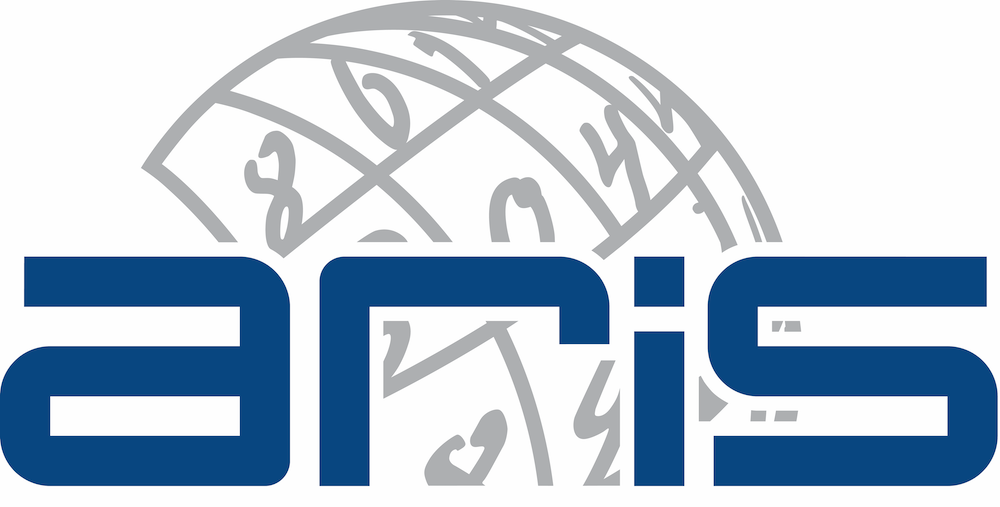Journal of Information Technology in Construction
ITcon Vol. 30, pg. 1431-1458, http://www.itcon.org/2025/58
From Competency Mapping to Digital Twin Integration: Developing a Next-Gen Digital Project Manager Model for Smart Construction
| DOI: | 10.36680/j.itcon.2025.058 | |
| submitted: | June 2025 | |
| revised: | September 2025 | |
| published: | September 2025 | |
| editor(s): | Purushothaman M B, GhaffarianHoseini A, Ghaffarianhoseini A, Rahimian F | |
| authors: | Omar A. Owais, PhD Candidate
Department of Built Environment Engineering, School of Future Environments, Auckland University of Technology, Auckland, New Zealand ORCID: https://orcid.org/0000-0002-0788-3008 omar.owais@autuni.ac.nz Mani Poshdar, Associate Professor Department of Built Environment Engineering, School of Future Environments, Auckland University of Technology, Auckland, New Zealand ORCID: https://orcid.org/0000-0001-9132-2985 mani.poshdar@aut.ac.nz Ali GhaffarianHoseini, Professor Department of Built Environment Engineering, School of Future Environments, Auckland University of Technology, Auckland, New Zealand ORCID: https://orcid.org/0000-0002-0787-8399 alighh@aut.ac.nz Fei Ying, Senior Lecturer Massey University, Auckland, New Zealand ORCID: https://orcid.org/0000-0002-6355-5156 f.Ying@massey.ac.nz Kamal Jaafar, Associate Professor University of Wollongong, Dubai, United Arab Emirates ORCID: https://orcid.org/0000-0001-9134-6215 KamalJaafar@uowdubai.ac.ae Saad Sarhan, Assistant Professor Abu Dhabi University, Dubai Campus, United Arab Emirates ORCID: https://orcid.org/0000-0002-0105-2350 saad.sarhan@adu.ac.ae Moslem Sheikhkhoshkar, Assistant Professor Faculty of Engineering and Science, School of Engineering, University of Greenwich, London, UK ORCID: https://orcid.org/0000-0001-9067-2705 m.sheikhkhoshkar@greenwich.ac.uk | |
| summary: | The digital transformation of the construction industry has outpaced the evolution of traditional project management competency frameworks, leaving many Project Managers (PMs) underprepared to meet the demands of emerging technologies such as Digital Twins (DTs). This study develops and validates a Next-Gen Digital PM Competency List tailored to the Smart Built Environment (SBE) through a structured two-stage methodology. Stage 1 applied a three-phase process comprising (1) a Systematic Literature Review (SLR), (2) NVivo-based thematic analysis, and (3) Large Language Model (LLM)-driven synthesis. These phases identified, categorised, and defined 55 digital PM competencies, systematically organised into Skills, Knowledge, and Core Personality Traits. Stage 2 evaluates the practical relevance of these competencies by mapping them against six thematic functional requirements of DTs, including interoperability and integration, real-time data management, simulation and predictive modelling, cybersecurity and data governance, stakeholder collaboration, and scalability and lifecycle continuity. DTs were selected as an exemplar because they integrate multiple digital technologies, Building Information Modelling (BIM), Internet of Things (IoT), Artificial Intelligence (AI), and cloud computing, making them a representative test case for evaluating competency alignment in digital transformation. The mapping confirmed strong alignment in digital integration and collaboration while exposing gaps in cybersecurity readiness and lifecycle resilience. The resulting framework provides a validated reference for competency benchmarking, targeted training, and digital leadership development. By equipping PMs with the competencies to lead, manage, and support digitally enabled projects, this research contributes directly to advancing smart and sustainable construction practices in the digital built environment. | |
| keywords: | Digital Project Manager, Digital Competencies, Digital Twin, Digital Transformation, Smart Built Environment (SBE), Construction Management, Smart Construction | |
| full text: | (PDF file, 1.798 MB) | |
| citation: | Owais O A, Poshdar M, GhaffarianHoseini A, Ying F, Jaafar K, Sarhan S, Sheikhkhoshkar M (2025). From Competency Mapping to Digital Twin Integration: Developing a Next-Gen Digital Project Manager Model for Smart Construction. Journal of Information Technology in Construction (ITcon), 30, Special issue Smart and Sustainable Built Environment (SASBE 2024), 1431-1458. https://doi.org/10.36680/j.itcon.2025.058 | |
| statistics: |





